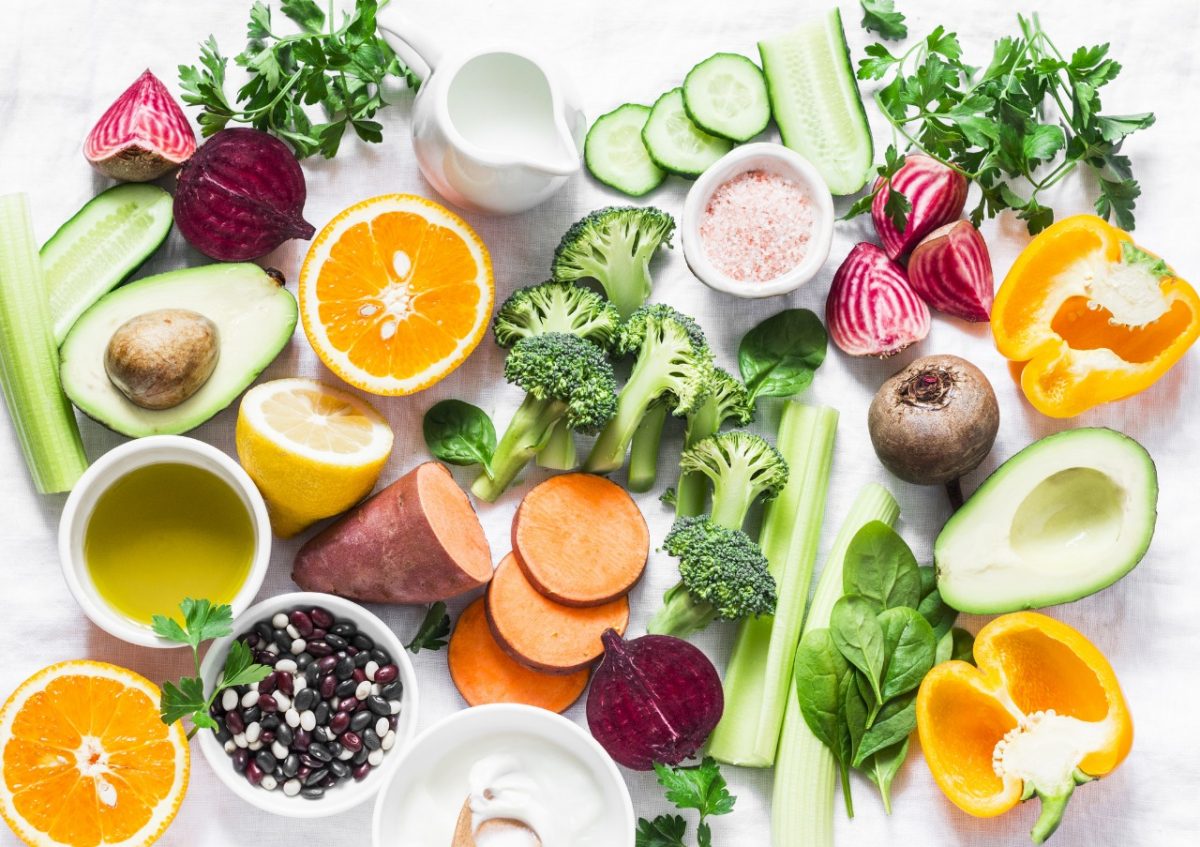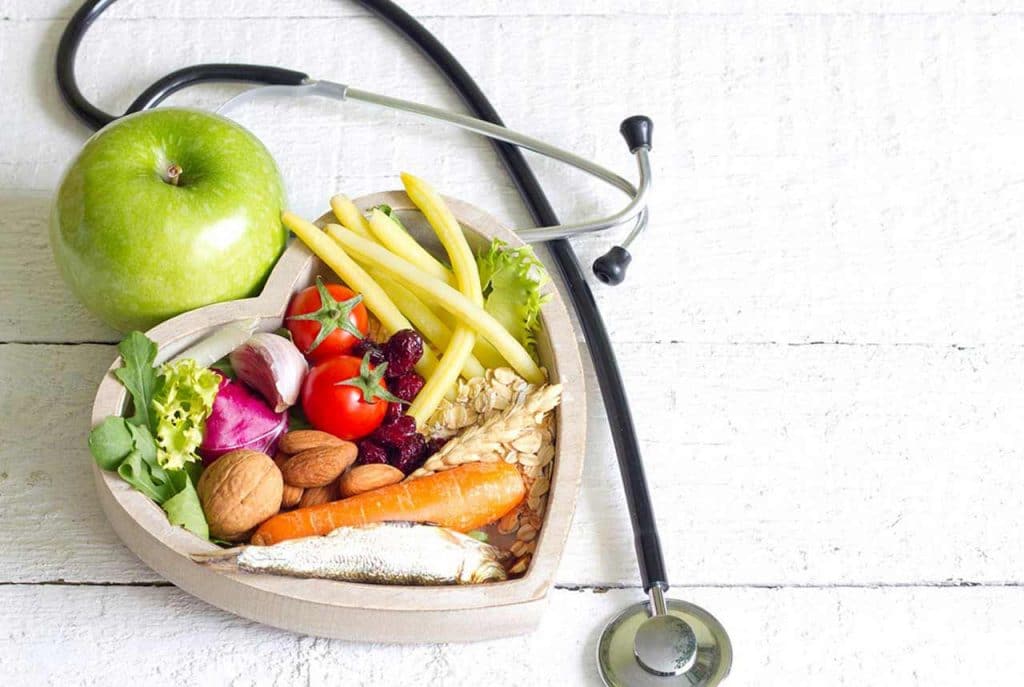Foods that boost your immunity
Staying healthy is not an option but a choice. As coronavirus has created an unhealthy environment in the world, many people have started to think whether there are ways to stay healthy. Daily hygiene such as washing hands, avoiding contact with sick individuals, covering faces with masks can help reduce the risk of such viruses.
However, a healthful boost can improve your immune system than can fight against such infectious diseases. A right intake of a nutritional diet and exercising healthy lifestyle can influence immune strength.
Here is what you should know-
Diet
A strong immune system relies on WBCs that produce antibodies to fight bacteria, viruses and other harmful invaders like COVID-19. Boost your immune system by introducing low-fat, plant-based foods into your diet.People who follow a vegetarian diet have shown higher production of white blood cells as compared to nonvegetarians. The reason being their diet includes a high intake of vitamin-rich foods and low intake of fats.
Maintaining a healthy body weight can also benefit the immune system. Obesity on the other hand affects the body immunity and slows down the process of fighting infections. That’s why dieticians and doctors recommend plant-based diets that are effective for weight loss. Their fibre-rich content helps fill you up faster without adding extra calories. Fiber-rich foods are known to lower BMI, which is linked to an improved immune system.
Vitamins, Minerals, and Antioxidants
Studies have shown that vegetables, fruits and other plant-based foods are rich in antioxidants that provide rich nutrients like beta-carotene, vitamin C, and vitamin E that boost immunity and help reduce stress.
Beta-Carotene: A powerful antioxidant that reduces body inflammation and boosts immunity by increasing WBCs in the body. Sweet potatoes, carrots, and green leafy vegetables are high in beta-carotene.
Vitamins C and E: Tehy help destroy free radicals and boost the body’s natural immune response. Red peppers, broccoli, oranges, strawberries, mangoes, lemons,are rich in Vitamin C, while nuts, spinach and seeds are rich in Vitamin E.
Vitamin D: Including Vitamin D rich diet reduces the risk of viral infections, including respiratory tract infections. It also helps in reducing the risks of chronic diseases like tuberculosis, hepatitis, and cardiovascular disease. Fortified cereals and plant-based milks and supplements are rich sources of Vitamin D.
Zinc: A mineral that boosts WBCs in our body and defends against viruses. Nuts, pumpkin seeds, sesame seeds, beans, and lentils are high source of Zinc.
Sleep
Sleep is one of the best immunity boosters. Lack of proper sleep can result in suppressed immune function and can lead to serious health problems—like heart disease, Alzheimer’s disease, and obesity.
Try adding fruits, vegetables, grains, and beans to your diet. By including fiber-rich and low-fat foods to your diet can help you with restorative sleep.



